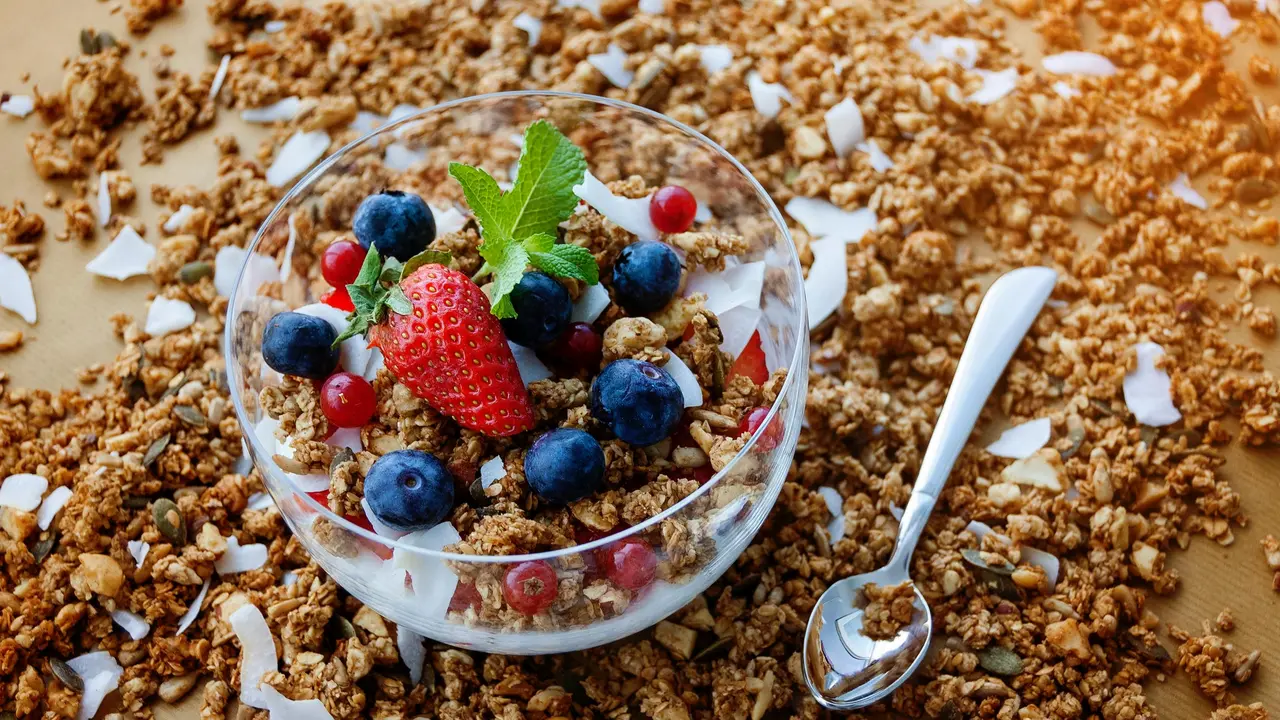Are Brussels sprouts keto friendly? This question plagues many individuals on a ketogenic diet looking for tasty, low-carb vegetables to include in their meals. In this article, we will dive into the nutritional profile of Brussels sprouts, explore their compatibility with a keto lifestyle, and provide tips on how to enjoy them while staying within your carb limits. Get ready to discover the truth about these tiny cabbages!
Understanding the Nutritional Profile of Brussels Sprouts
Are Brussels Sprouts Low in Carbs?
One of the primary concerns for anyone on a keto diet is the carbohydrate content of their food. So, are Brussels sprouts low in carbs? Yes! Brussels sprouts are relatively low in carbohydrates compared to many other vegetables. In fact, a 100-gram serving of cooked Brussels sprouts contains about 9 grams of carbohydrates, of which approximately 4 grams are fiber. This means the net carbs per serving are around 5 grams, making them a suitable option for a keto-friendly diet.
Vitamins and Minerals in Brussels Sprouts
Beyond just being low in carbs, Brussels sprouts are packed with essential vitamins and minerals, making them a nutritious addition to your meals. They are particularly rich in:
- Vitamin C: Important for immune function and skin health.
- Vitamin K: Plays a crucial role in blood clotting and bone health.
- Folate: Essential for DNA synthesis and repair.
- Antioxidants: Help reduce inflammation and improve overall health.
Including Brussels sprouts in your diet not only fits your keto needs but also supports overall wellness.
The Health Benefits of Brussels Sprouts on a Keto Diet
Supporting Weight Loss
One of the significant benefits of incorporating Brussels sprouts into a keto-friendly diet is their potential role in weight management. Their high fiber content promotes satiety, helping to reduce hunger and control cravings. This can be particularly beneficial for individuals aiming to lose weight on a ketogenic plan.
Enhancing Gut Health
The fiber in Brussels sprouts also plays a role in digestive health. A diet rich in fiber supports gut health by promoting regular bowel movements and feeding beneficial gut bacteria. This is especially important for those on a keto diet, as dietary changes can sometimes lead to digestive issues.
How to Incorporate Brussels Sprouts into Your Keto Meal Plan
Simple Cooking Methods
When it comes to preparing Brussels sprouts, there are several keto-friendly cooking methods. Here are some popular options:
- Roasting: Tossed in olive oil and your favorite spices, roasted Brussels sprouts develop a delicious caramelized flavor.
- Sautéing: Quickly sautéing in butter or olive oil can preserve their crunch and enhance their taste.
- Steaming: A great way to retain nutrients while keeping the sprouts tender and flavorful.
Creative Recipes Featuring Brussels Sprouts
If you’re looking to spice up your meals, consider these keto-friendly recipe ideas featuring Brussels sprouts:
- Brussels Sprouts with Bacon: The smokiness of bacon paired with roasted Brussels sprouts creates a savory side dish.
- Shaved Brussels Sprout Salad: Combine thinly sliced Brussels sprouts with olive oil, lemon, and parmesan for a fresh salad.
- Brussels Sprouts and Cheese Casserole: A creamy baked dish with cheese that’s perfect for a hearty meal.
Potential Drawbacks of Brussels Sprouts on a Keto Diet
Possible Digestive Issues
While Brussels sprouts are generally healthy, they are part of the cruciferous vegetable family, which can sometimes cause digestive discomfort for some people. If you experience bloating or gas after consuming them, consider moderating your intake or cooking them well to aid digestion.
Portion Control is Key
Even with their low-carb content, it’s essential to pay attention to portion sizes. Keep your serving to about 100 grams to stay within your carb limits on a keto diet. This will help ensure that you reap all the benefits without exceeding your carbohydrate intake for the day.
Are There Alternatives to Brussels Sprouts on a Keto Diet?
Keto-Friendly Vegetable Options
If you find that Brussels sprouts aren’t to your liking or can’t tolerate them, there are several other keto-friendly vegetables to consider:
- Cauliflower: A versatile vegetable that can be used in rice, mash, or even pizza crusts.
- Zucchini: Great for zoodles or sautéed as a side dish.
- Kale: A nutritious leafy green that can be used in salads and smoothies.
Exploring Other Brassicas
Other members of the brassica family can be great substitutes for those who enjoy the flavors of Brussels sprouts, including broccoli and cabbage. These similar vegetables also tend to be low in carbs and high in nutrients, fitting well within a keto lifestyle.
In conclusion, the answer to the question “Are Brussels sprouts keto friendly?” is a resounding yes! With their low carbohydrate content, high nutritional value, and multiple health benefits, these little cabbages are a fantastic addition to any ketogenic meal plan. Remember to experiment with different cooking methods and recipes to fully enjoy what Brussels sprouts have to offer. Don’t forget to share this article if you found it helpful, and check out our other posts for more tips and tricks on maintaining a successful keto lifestyle!
Keto – Recent Articles
- Is Cassava Flour Keto Friendly? Discover the Truth Inside!
- Unlocking Keto: What Are Macros on Keto and Why They Matter
- Where to Buy Keto Food: Top Stores for Your Low-Carb Diet
- Is Basmati Rice Keto Friendly? Discover the Surprising Truth!
- Can You Have Ketchup on Keto? Discover the Surprising Truth!
Keto – Useful Links
- Harvard T.H. Chan — Diet Review: Ketogenic Diet
- EatRight (Academy of Nutrition and Dietetics) — What Is the Ketogenic Diet?
- Healthline — The Ketogenic Diet: A Detailed Beginner’s Guide to Keto
- NCBI / StatPearls — Ketogenic Diet
- Northwestern Medicine — Pros and Cons of the Keto Diet
